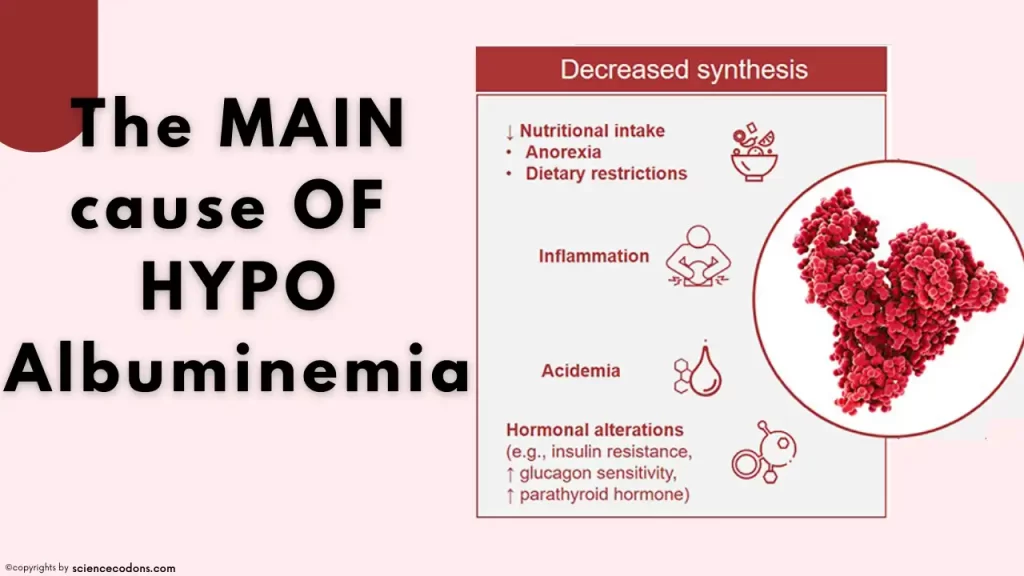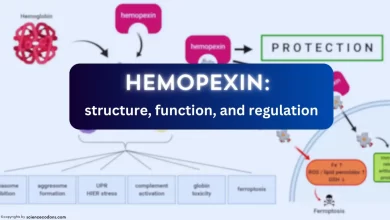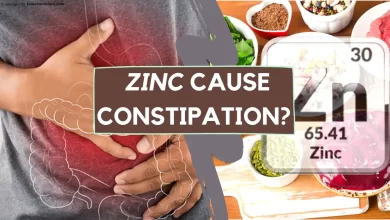The term “albumin” (derived from the Latin word “albus” meaning white) is used to describe a white-colored deposit that forms when acidic urine is boiled. This deposit is primarily composed of albumin. Albumin is the most abundant protein in circulation, making up one to two-thirds of plasma proteins from the middle of the fetal period to the end of life.

Hypoalbuminemia can occur for various reasons and through multiple mechanisms, including decreased synthesis, increased catabolism, loss, relocation, and blood dilution. Determining the level of plasma albumin is clinically significant in numerous cases.
| Cause | Mechanism |
|---|---|
| Liver disease | Impaired synthesis of albumin |
| Malnutrition | Inadequate intake of protein or calories |
| Inflammation | Increased catabolism and redistribution of albumin |
| Burns | Loss of albumin through damaged skin |
| Kidney disease | Loss of albumin through urine |
1-Impaired synthesis of albumin
Disorders in albumin synthesis can occur as a result of malnutrition, malabsorption, and liver diseases. The liver has a high capacity for albumin synthesis, which only decreases in severe liver diseases when there is a loss of more than 50% of liver function. Hypoalbuminemia, which is commonly observed in liver diseases, is likely caused by mechanisms such as elevated immunoglobulin levels, leakage from the veins, or direct inhibition of synthesis due to the presence of toxins like alcohol.
Hypoalbuminemia is a condition characterized by the absence of albumin in the bloodstream. Only 25 families have been identified with albumin levels less than 1% of the normal level. These individuals are typically asymptomatic, except for mild edema that may occur in their second to fourth decade of life.
Albumin synthesis decreases as a negative acute-phase reactant during acute-phase conditions.
2-Loss of albumin through urine
Abnormal albumin excretion can occur through the kidneys, digestive system, or facial skin. Urinary albumin excretion is a primary indicator of kidney disease. The level of urinary albumin excretion varies based on the extent of kidney damage. In the early stages of kidney disease, before clinical symptoms are present, a slight increase in urinary albumin excretion (300-30 mg/24h), known as microalbuminuria, may indicate the beginning of glomerular damage in patients with diabetes or high blood pressure. In the advanced stage of kidney disease, known as nephrotic syndrome, there is a significant increase in albumin excretion, resulting in a severe depletion of plasma albumin.
3-Inadequate intake of protein or calories
Albuminuria can occur as a result of inflammatory bowel disease, including acute viral gastroenteritis. This excretion is typically insignificant unless it is excessive or prolonged. The excretion level in protein-losing enteropathy may be comparable to that of nephrotic syndrome. Increased albumin excretion is observed in cases of burns and exfoliative dermatitis.
4-Increased catabolism and redistribution of albumin
Albumin is a negative acute-phase reactant, meaning its levels decrease during these conditions. Chronic inflammatory diseases, like rheumatoid arthritis, commonly cause decreased plasma albumin levels.
At least four mechanisms contribute to this decrease:
- blood dilution
- albumin entering the extravascular space due to increased vascular permeability in inflamed areas
- increased consumption by cells at the site
- decreased synthesis due to direct inhibition by cytokines.
- Long-term malnutrition also increases the breakdown of albumin to provide the essential amino acids needed by cells
5-Release of albumin from blood vessels
Approximately 4% to 5% of the albumin in the blood vessels exits the bloodstream every hour. Another cause of hypoalbuminemia is increased outflow from the vessel and accumulation in the extravascular space, such as accumulation in ascites.
6-Plasma dilution
Blood dilution is another cause of hypoalbuminemia that is unrelated to metabolic abnormalities of albumin. This condition, observed in late pregnancy, causes a false decrease in blood albumin concentration. Overhydration or excessive intravenous fluid prescription can lead to hypoalbuminemia as a result of blood dilution.








